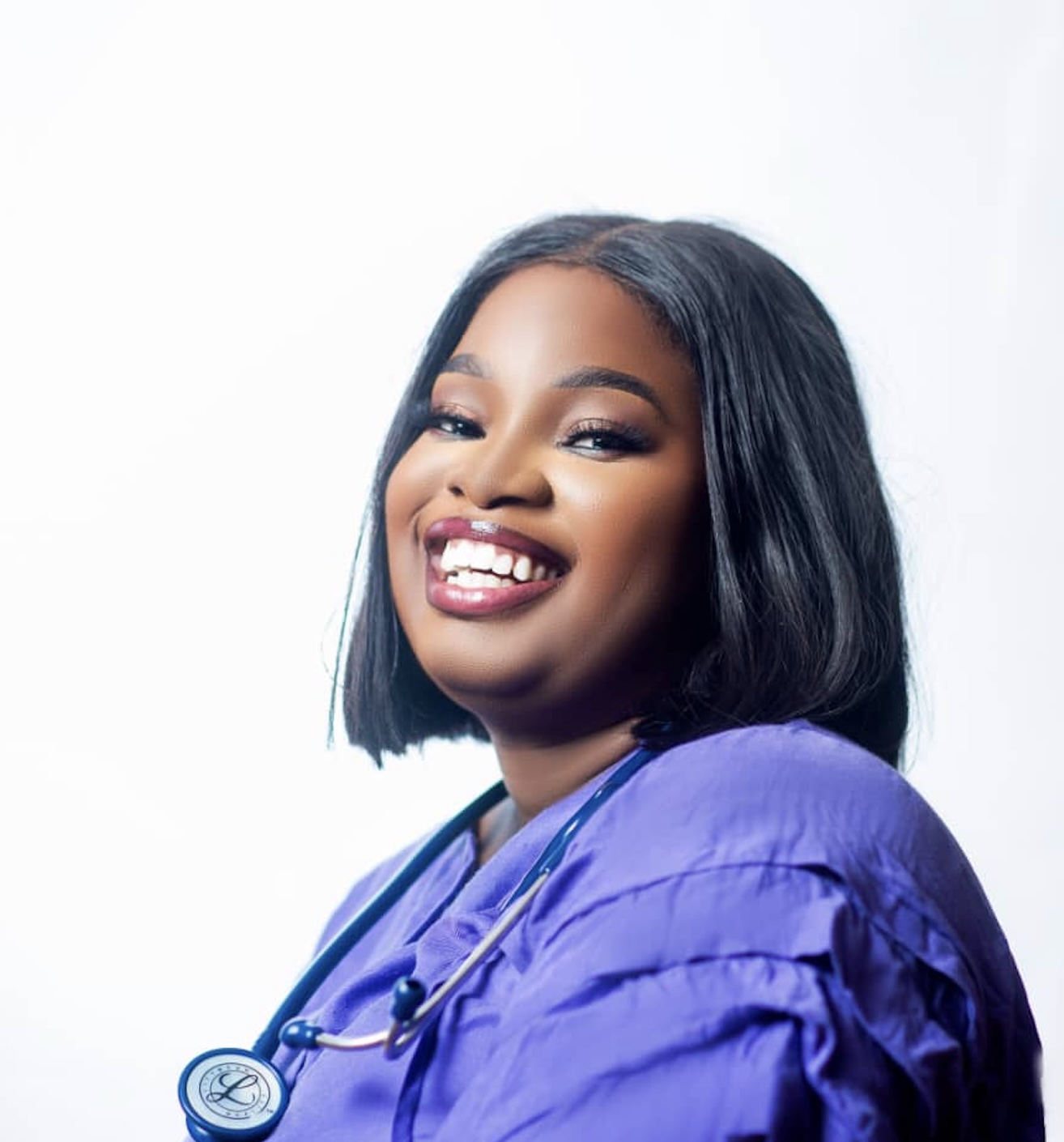Image by geralt from Pixabay
He sat quietly outside the ICU, looking worn out, his eyes fixed on the floor. His daughter was in the ICU with cerebral malaria. He was there to make a heartbreaking decision to transfer her to the ward because he could no longer afford treatment at the ICU. He came to plead with the doctor to continue her treatment in the ward.
A patient was admitted to a government hospital for tumour excision. He spent weeks in the hospital, but no surgery was done because the doctors were on strike. He couldn’t transfer to a private hospital because he didn’t have enough funds.
Being disabled or chronically ill is hard, but being too poor to afford medical treatment is devastating especially in developing countries.
What happens when healing costs more than you can afford? Whether you are recovering from surgery, managing a chronic illness, living with a disability, or caring for a loved one money matters a lot.
I have seen patients walk away from hospitals because transportation costs were too high. Others discharged themselves against medical advice because they couldn’t afford the cost of staying. Some patients couldn’t even leave the hospital because they hadn’t completed payment of their medical bills. As a health worker in a country like Nigeria, living with a disability, those moments have stayed with me. They made me realize that the most overlooked part of recovery is its cost.
We talk about recovery as if it’s a simple walk in the park: rest well, buy these medications, come to the hospital twice a week for check-ups and you’ll be fine. But it’s not that easy. Buying medications, attending follow-ups, getting assistive devices when needed all of these cost money.
In developing countries with underfunded healthcare systems, access to healthcare often depends on how much money you have. The average patient might skip medications because they’re too expensive or unavailable, or miss follow-up sessions because transport costs too much, many ends up in poorly equipped hospitals, with no support for rest or time off work. In recent times, we hear about new developments in health tech mobile hospital apps, AI diagnostics, remote monitoring. But in some developing countries, many patients don’t even own smartphones. Those who do often struggle with poor internet connections or can’t afford data. Hospitals also lack the infrastructure to support health tech.
What can we do?
To bridge this gap and make healthcare fairer for everyone, we need more than words, we need action that truly reaches people where they are.
The government needs to expand health insurance schemes so that no one is left out, not the poor, not health workers, not people living with disabilities. Health insurance shouldn’t be something only a few can access. No one should be turned away from treatment because they don’t have money at that moment.
Primary healthcare centres in rural areas must be equipped and staffed properly. People shouldn’t have to travel far just to get basic care. If we strengthen these local centres, it will ease the pressure on city hospitals, cut down transport costs, and help people get help faster.
Hospitals should be built and upgraded with everyone in mind. Ramps, handrails, and accessible toilets shouldn’t be an afterthought they should be the standard, so that people with disabilities don’t face extra barriers when seeking care.
Telemedicine should be made truly affordable and practical. In places where people can’t afford smartphones or data, we can explore SMS or USSD services for consultations, or community-based telehealth points where patients can get help without needing expensive gadgets.
We also need to support community driven efforts. Sometimes, small things can make a big difference like a local fund to help patients with transport or essential medications. NGOs, faith groups, and even individuals can come together to support those around them.
At the heart of it all, we need to build a system where nobody has to choose between getting treatment and going hungry where poverty doesn’t decide who gets to heal.



No responses yet